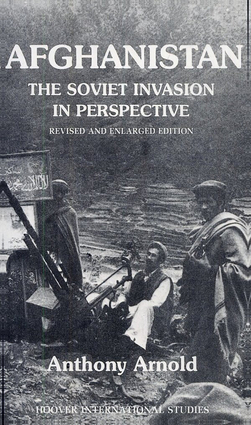Overview
On December 27, 1979, the USSR invaded Afghanistan to save an endangered communist regime. The People's Democratic Party of Afghanistan, founded in 1965 but almost immediately riven into two hostile wings, had been induced by Moscow into unifying in 1977 in order to seize power the following year. Within weeks, however, the majority Khalqi faction had driven out the rival Parchamis, only to discover that its rigid Marxism-Leninism was no match for Islam. As the Khalqi position deteriorated, Moscow thought to regain control by forceful replacement of the PDPA leaders with Parchamis. Instead, their invasion only consolidated popular determination to eject an alien ideology. In Afghanistan's Two-Party Communism, Anthony Arnold brings these dramatic developments to life, examining Parcham and Khalq in the context of the cultural, ethnic, and class factors that distinguish their leaders and separate constituencies. He analyzes the PDPA's development through 1982 and closes with speculation on the degree of Soviet commitment to communism in Afghanistan. Written in a lively, penetrating style, yet with a wealth of detail and analysis, Arnold's book reflects the intimate feel for the country that he acquired while serving there. His multilingual source material includes hitherto classified documents, and the appendixes (biographic sketches of PDPA leaders, translations of key party documents, charts of party and state personnel changes) will provide valuable sources for other researchers.

